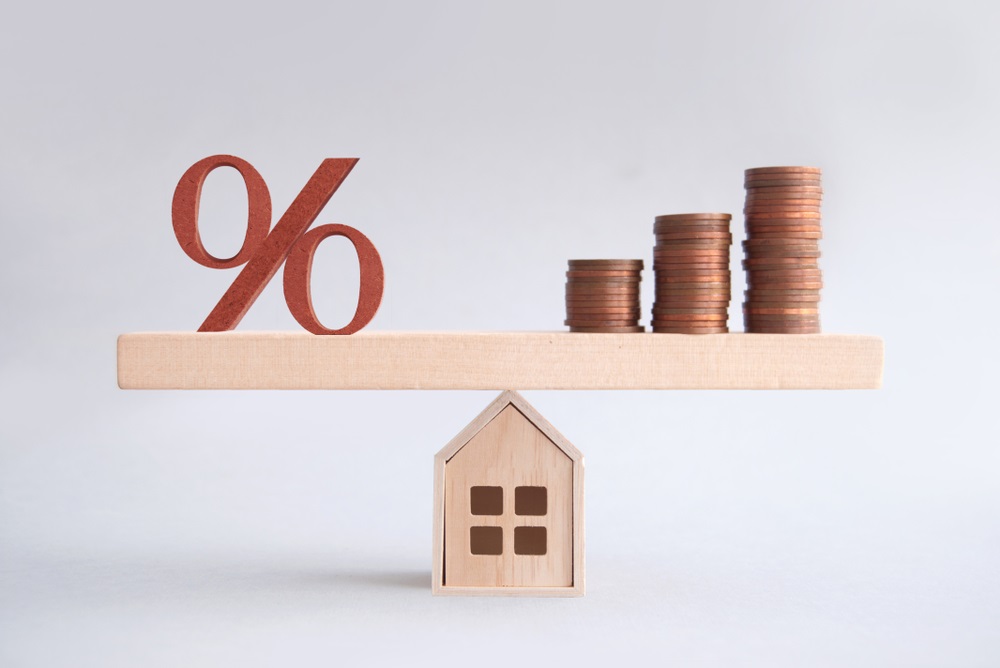More than half of landlords feel upbeat about the buy-to-let market despite the introduction of a raft of regulatory changes and tougher rules.
More than half of landlords feel upbeat about the buy-to-let market despite the introduction of a raft of regulatory changes and tougher rules.
 Research by estate and letting agents, Your Move, revealed just 16% of landlords felt negative about the buy-to-let environment compared to 52% who were positive about the private rental sector.
Research by estate and letting agents, Your Move, revealed just 16% of landlords felt negative about the buy-to-let environment compared to 52% who were positive about the private rental sector.
The Landlord Sentiment Survey, which gathered opinion from nearly 1,100 landlords in June, also discovered the main concern of buy-to-let investors was the ongoing maintenance and upkeep costs – with 83% saying this was an important consideration.
Meanwhile, 80% said the potential to make a long-term profit was an essential factor. In contrast, of less significance to landlords was the tenant fee ban, with 43% naming this as a priority. The potential impact of Brexit, meanwhile, was a concern for 32% of those questioned.
Your Move said the overall optimism which emerged from the survey suggested landlords remained largely confident in their outlook, despite the influx of regulatory changes as well as alterations to the wear and tear allowance, additional Stamp Duty surcharges on second properties, and stricter portfolio lending introduced last year.
Long-term plans
The survey revealed 30% were indifferent about being a landlord in the current economic and political climate.
But the majority of landlords were looking at their investments as a long-term venture with nearly two thirds of those surveyed revealing they were unlikely to sell the property in the next year.
Martyn Alderton, national lettings director at Your Move and Reeds Rains, said: “Given the number of regulatory and tax changes in the buy-to-let market over the last few years, it wouldn’t be surprising if landlord felt some trepidation about the future.
“However, it’s great to see that the landlords we survey do, for the most part, remain positive about the future.
“Our research shows landlords are in it for the long term and that’s important for the well-being of the Private Rental Sector, providing much needed homes for those who cannot yet afford, or do not wish to purchase due to lifestyle choices.”














